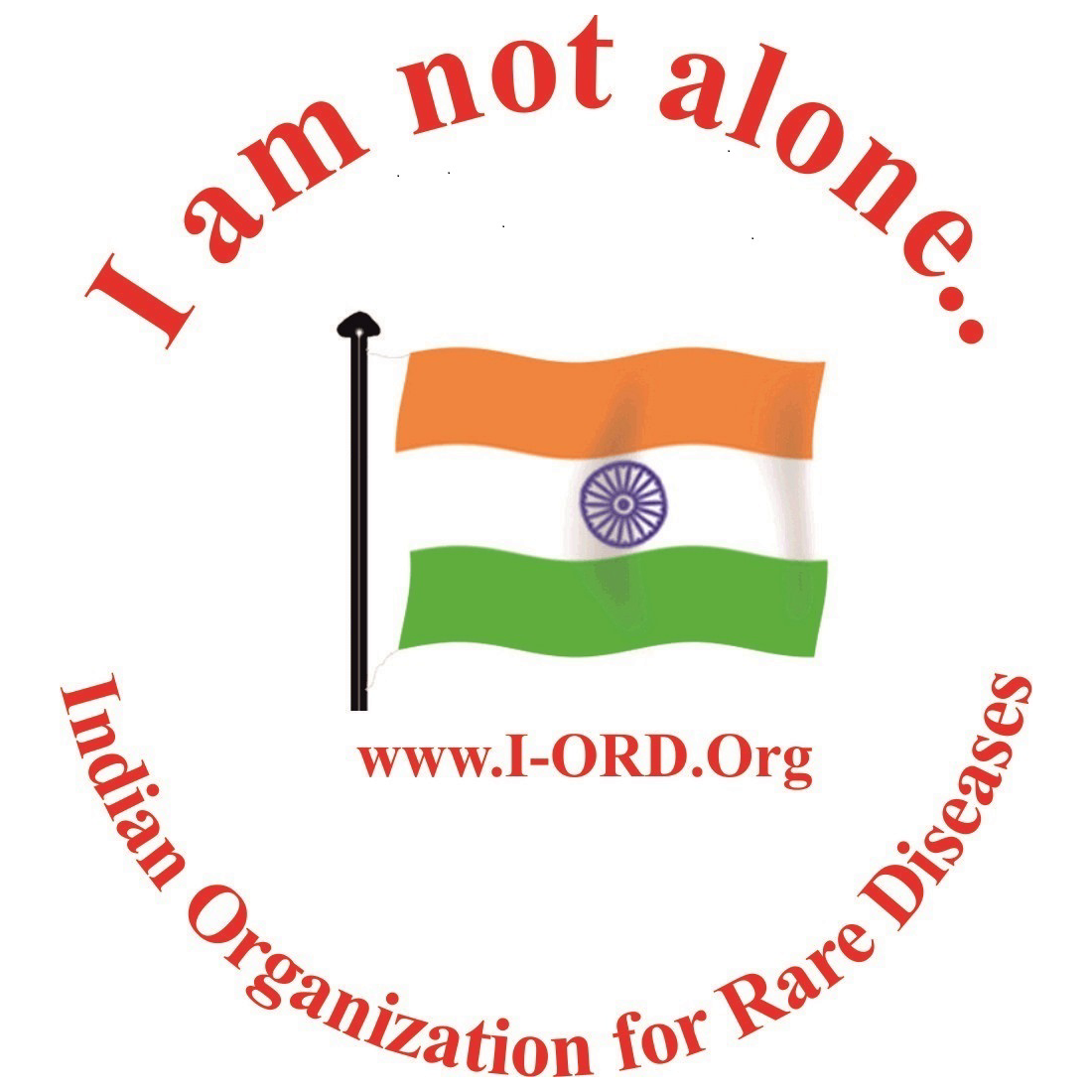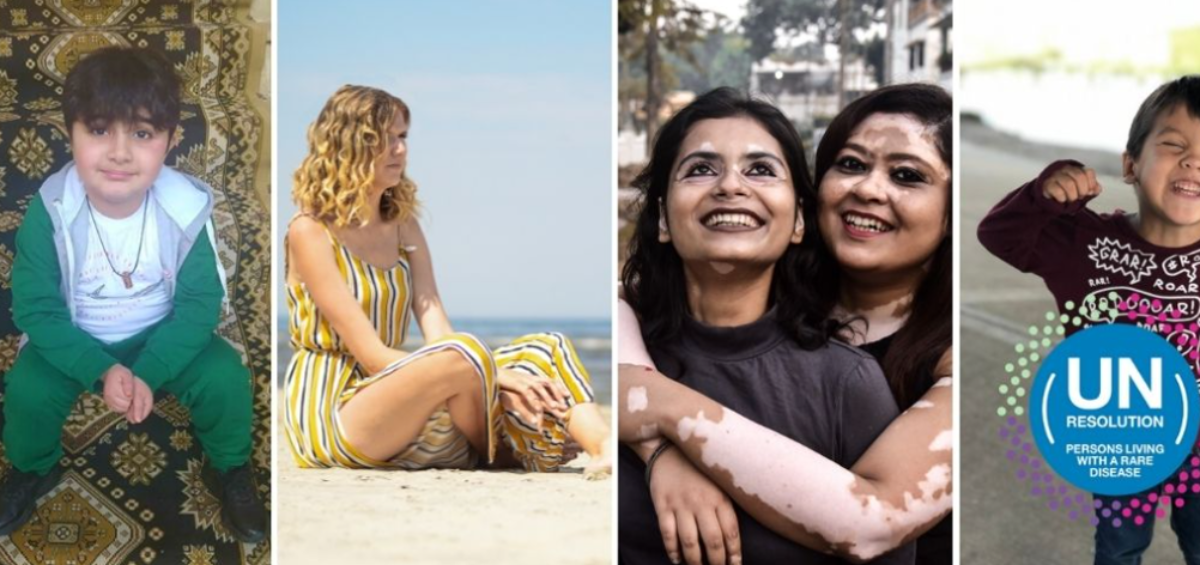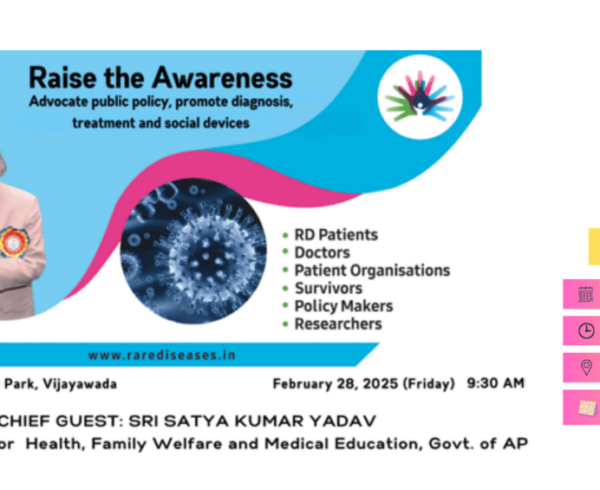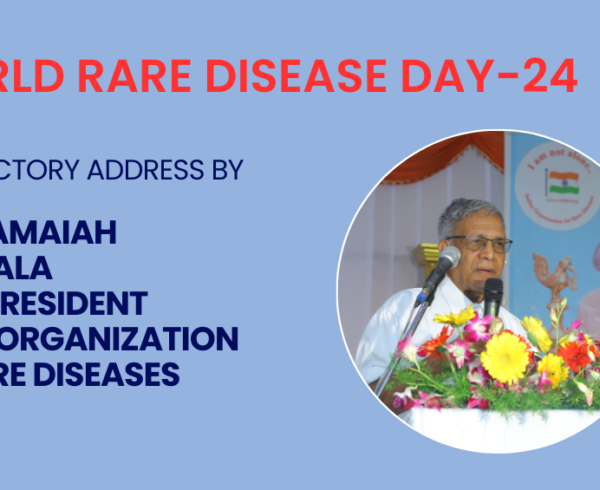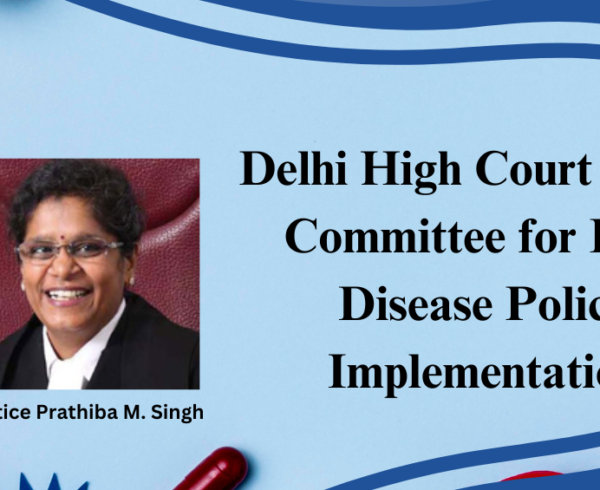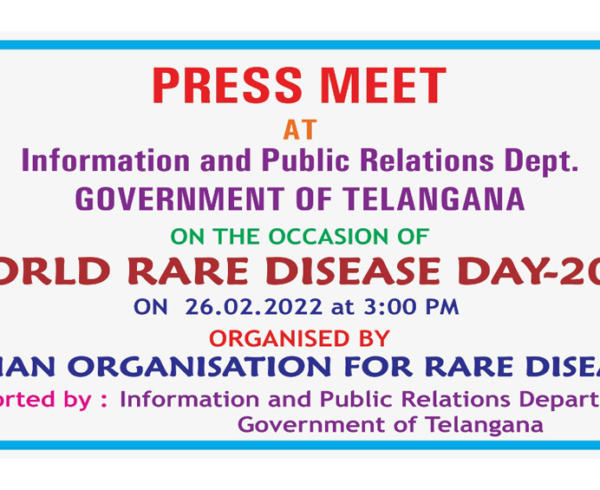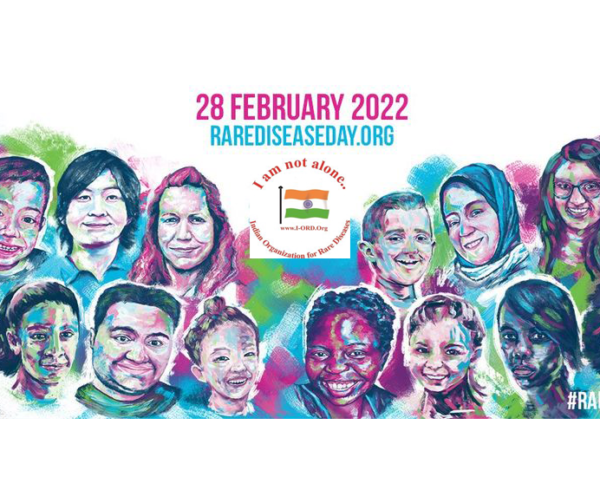Reproduced below is the letter written to Prime Minister Shri Narendra Modi ji by IORD requesting for inclusion of World Rare Disease Day as a topic in the upcoming Mann Ki Baat
Dear Shri Narendra Modi ji
Sir,
Sub: Request Prime Minister Shri Narendra Modi Ji to speak to the nation on the occasion of World Rare Diseases Day, February 28, 2022 in the upcoming Mann Ki Baat radio talk series
India in the rare diseases’ global map:
Around 300 million people live with 7000 rare diseases globally; more than 90 million people (8%) in India with no cure; death is the endpoint. 60% of children with rare diseases do not see their fifth birthday. India does not define rare diseases, and the national health policy for rare diseases is still in the draft stage. 80% of rare diseases are genetic. Although India has disability laws in place, all disabilities are not genetic. At the same time, all genetic disorders have disabilities. There is no accurate count of patients; therefore, rare diseases do not count in the eyes of government and the public. Only 5% of the drugs for 7000 rare diseases are known; they are not available in India and, when available, are at unaffordable cost. Yet they are only treatments, not cures, despite the credit that India is pharmacy bowl to the world. In summary, rare diseases have no identity in the Indian healthcare system.
Covid pandemic:
The Covid pandemic has created new challenges for the rare disease community. Accessing medical care has been difficult for immune-compromised people and exposes living with a rare disease is like. Due to the taboo associated, people with rare diseases often struggle to share information about their diagnoses. People with complicated health conditions have experienced more challenges than most during the pandemic. Although the rules were the same for everyone, lockdown affected Rare disease patients and their families disproportionately – care inadequacies, unmet clinical needs, and feeling left in the dark about their condition. These challenges intensified at the height of the pandemic as it became more difficult to access the usual health and care support.
Importance of Rare Diseases Day:
Since the year 2008, the last day of February every year is recognized as a WORLD RARE DISEASE DAY to raise awareness. The Rare Disease Day 2022 is occurring amid a pandemic. The small RD population is not on anyone’s radar, yet they are citizens of India. These voiceless people need our combined voice to get some relief. The burden of rare diseases far exceeds the burden imposed by common diseases such as malaria, TB, etc. As rare diseases are lifelong diseases and affect the patient and the entire family, community, and the country.
Involvement of United Nations:
This year is particularly noteworthy that on December 16, 2021, at the 76th UN General Assembly, a resolution on addressing “the challenges of persons living with a rare disease (PLWRD) and their families” was adapted. The Resolution is co-sponsored by an unprecedented 54 countries (India is not one of them) and was adopted by consensus by all 193 UN Member States. This is a significant shift in international policy that places the needs of PLWRD firmly on the UN and its agencies (UNICEF, UN WOMEN, UNDP). The UN resolution document focuses on the importance of non-discrimination and the key pillars of the UN Sustainable Development Goals, including health, access to education and decent work, reducing poverty, tackling gender inequality, and supporting participation in society. It pledges to ‘leave no one behind, including rare diseases patients’ and recognizes disability as a cross-cutting issue. It is high time India shows solidarity with other countries in this regard.
Every year, the RD day has a different theme to encourage society to remove attitudinal and structural barriers for people living with rare diseases while focusing on that particular yearly goal. This year 2022, for Rare Diseases Day, we propose creating awareness by laser-lighting the historical monument and promoting “care for rare” with the policymakers, community leaders, and care providers. More than 500 buildings are proposed to be illuminated global globally during this year’s RD Day observations displaying support for Rare Disease Day and spreading hope and colors all around the world.
So how can individuals collectively get involved in breaking down the barriers for people with rare diseases and make our society more accessible for them? As we strive together to work towards this goal, rare diseases sufferers, along with 92% of non-sufferers from 1.3 billion people, take the platform to promote awareness of their rights: What we (rare disease patients) ask honorable Prime Minister: After assuming office in 2014, Prime Minister Shri Narendra Modi sought treatment for sickle cell disease, a common problem in the tribal areas of Gujarat, from a stem cell research facility in Japan. Apart from helping people in distress, he routinely replies to letters from children with rare diseases. It is a very heart-touching story wherein you have shown a big heart for a five-month-old girl suffering from Spinal Muscular Atrophy by waiving import duty and GST of Rs six crore on medicines. Such individual help can go only so far and cannot reasonably console the tragedies faced by millions of rare diseases patients in India.
Therefore, we request that PM Shri Modi Ji speak on behalf of India on World Rare Diseases Day, February 28, 2022, at the MANN KI BAAT platform to show that India cares for the small Rare Disease Community and joins the world community. The day is meant to create awareness of the rights of persons with disabilities in all spheres of life. We ask Shri Modi ji to inspire and give hope with his words and deeds. When you’re a person (forgive me for addressing you as an ordinary citizen, not as Prime Minister) living with an incurable condition, you not only deal with the limitations of your own body and limitations of the infrastructure, but you also deal with the limitations of other people’s attitudes. It impacts you in ways that you don’t realize immediately.
Despite the progress in technology and India’s home-grown initiatives like Digital India and Make in India, we have a long way to go to provide an inclusive space for PLWRD. Inclusivity is not limited to infrastructural accessibilities. They include acceptance by society as an equal. It is beyond lifting the person in a wheelchair. RD patients never wanted to talk about their feelings. They cast stigma in society. Rare Disease patients did not choose to be born with an incurable disease. Your words on this occasion gather courage and express your love for the rare disease patient. The exact psychological causes may never be known, and neither the disease may be cured, but a compassionate heart in action; indeed what we need to raise awareness and gain greater empathy from society at large. It is our sincere hope you would consider addressing 90 million rare diseases people in India on this particular occasion – World Rare Disease Day through the platform of Mann Ki Baat.
We remain sincerely yours,
Dr. Ramaiah Muthyala, President & CEO
Dr. Krishnaji Rao Mutyala, Secretary, Indian Organization for Rare Diseases
Cell no. +91 9666438880
*** I LOVE MY INDIA ***MERA BHARAT MAHAN***
